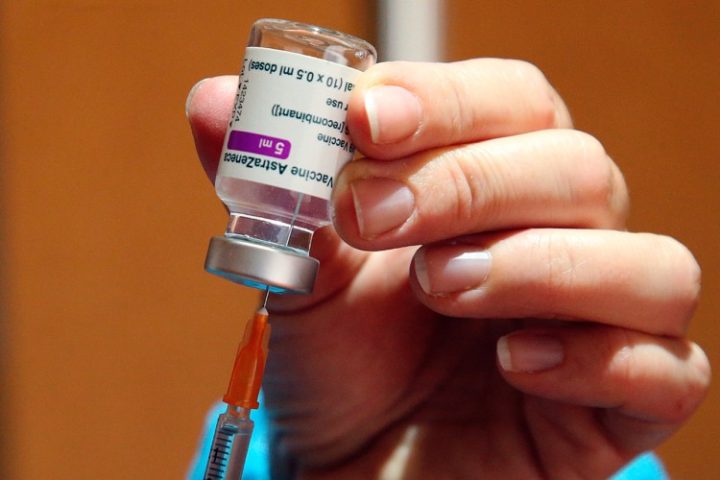
On Thursday, the European Medicines Agency (EMA), the European Union bureaucracy that supervises and evaluates medicines for the bloc of nations, declared that the coronavirus vaccine developed by AstraZeneca was safe to use.
Because of several cases of a rare blood clotting issue reported last week, several nations, including Germany, France, Italy, Spain, Denmark, Norway, and Ireland, suspended use of the vaccine until any link between the vaccine and the blood clotting could be investigated. After a three-day investigation, the EMA determined that the benefits of the vaccine far outweighed any risk associated with it.
“The committee has come to a clear, scientific conclusion: This is a safe and effective vaccine,” Dr. Emer Cooke, the director of the EMA, told a virtual press conference. “Its benefits in protecting people with COVID-19 with the associated risks of deaths and hospitalization outweigh the possible risks.”
The vaccine was assessed by the EMA’s Pharmacovigilance Risk Assessment Committee (PRAC) and cleared as ready for use.
In addition to saying that the benefits far outweigh the risks, the EMA’s statement regarding the AstraZeneca vaccine also concluded: “The vaccine is not associated with an increase in the overall risk of blood clots (thromboembolic events) in those who receive it”; and, “There is no evidence of a problem related to specific batches of the vaccine or to particular manufacturing sites.”
Despite the committee’s conclusion that the vaccine is safe, it could not completely rule out a link between the vaccine and a serious condition known as thrombocytopenia — a low level of blood platelets (elements in the blood that help it to clot).
“Based on the evidence available and after days of in depth analysis of lab results, clinical reports, autopsy reports and further information from the clinical trials, we still cannot rule out definitively a link between these cases and the vaccine,” Cooke said.
The PRAC recommended a program to raise awareness of the possible risks associated with the vaccine that would include warning labels on the vaccine and the training of health professionals and the general public to know what to look for as far as symptoms.
The World Health Organization (WHO), which has largely echoed communist Chinese talking points about the virus since it first appeared in 2019, commented that the quick investigation of the blood clotting issues proved that the system was working.
“In extensive vaccination campaigns, it is routine for countries to signal potential adverse events following immunization.” The WHO said on Wednesday. “This does not necessarily mean that the events are linked to the vaccination itself, but it is good practice to investigate them. It also shows that the surveillance system works and that effective controls are in place.”
The investigation into the vaccine — if one can call a three-day review of millions of vaccinations an investigation — comes at a time when much of Europe is again in the throes of another upsurge in COVID-19 cases. The continent reportedly recorded 1.2 million new cases of the virus last week.
Hospitals in Paris are particularly stressed with the number of coronavirus cases reportedly doubling every three days in France as of Tuesday. On Wednesday, French President Emmaneul Macron remarked, “We are living through the hardest weeks now. We know it.”
Despite these assurances from the EMA and the WHO that the AstraZeneca vaccine is generally safe, the reports of blood clotting, which has resulted in at least three deaths across Europe, are unnerving to a public, which has become somewhat distrustful of vaccines in general, and especially vaccines that have been rushed into use.
The New York Times quoted Italian school teacher Manuela Perozzi, who got sick after her first shot. “We can only hold on to the science,” Perozzi said. “But surely I will be even less serene when they call me for the second shot.”
But the EMA’s assessment that the vaccine is safe — at least, safe enough — has prompted Germany, France, Italy, and Spain to begin to use it again. Other countries, such as Norway, say they will investigate more before using the AstraZeneca shot again.




